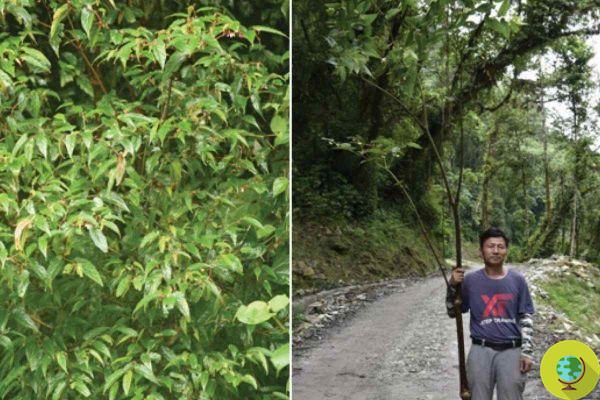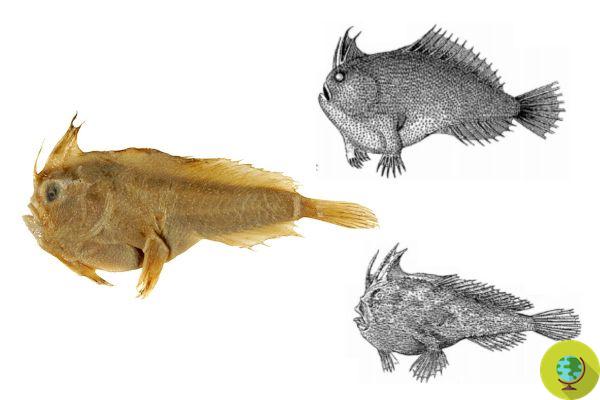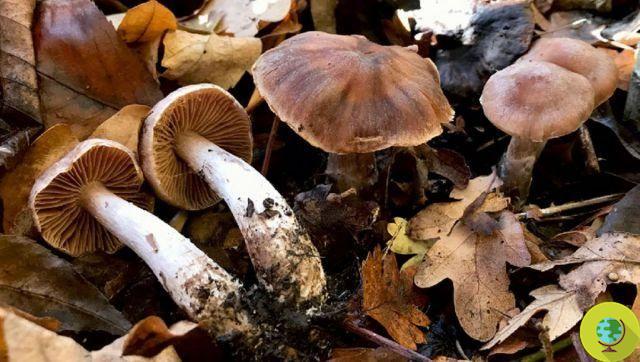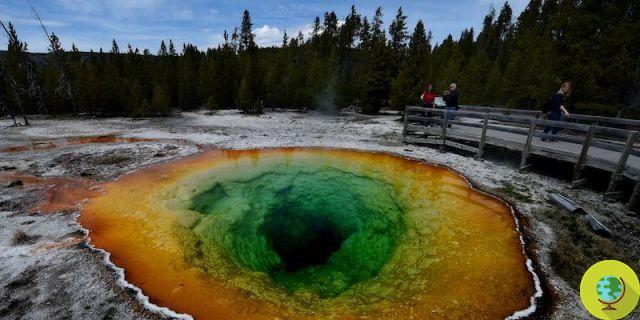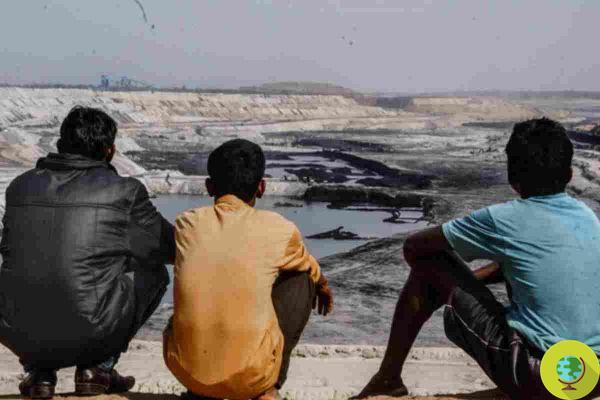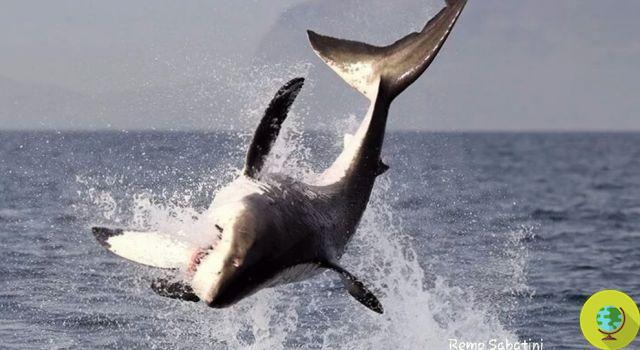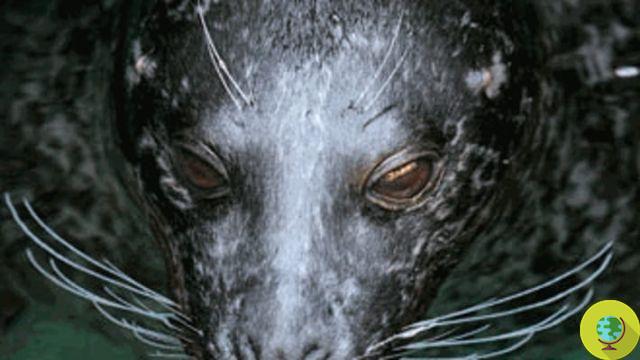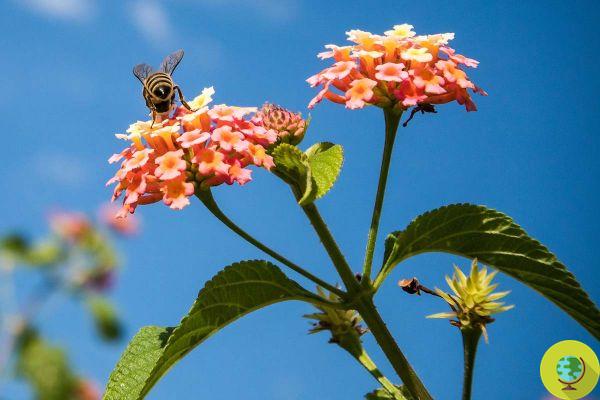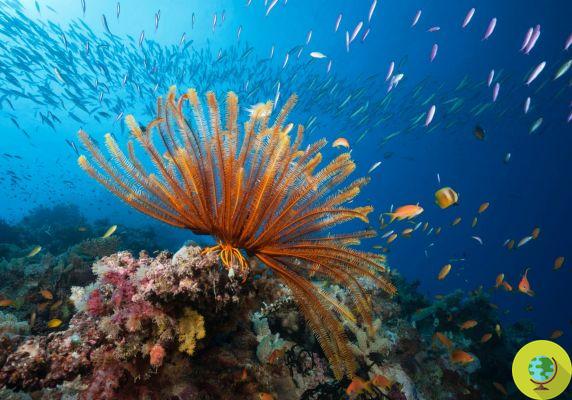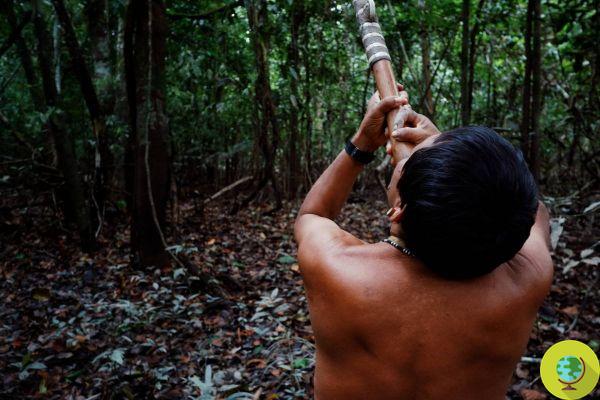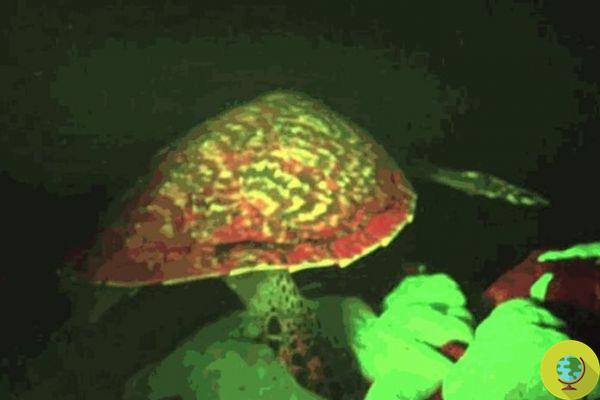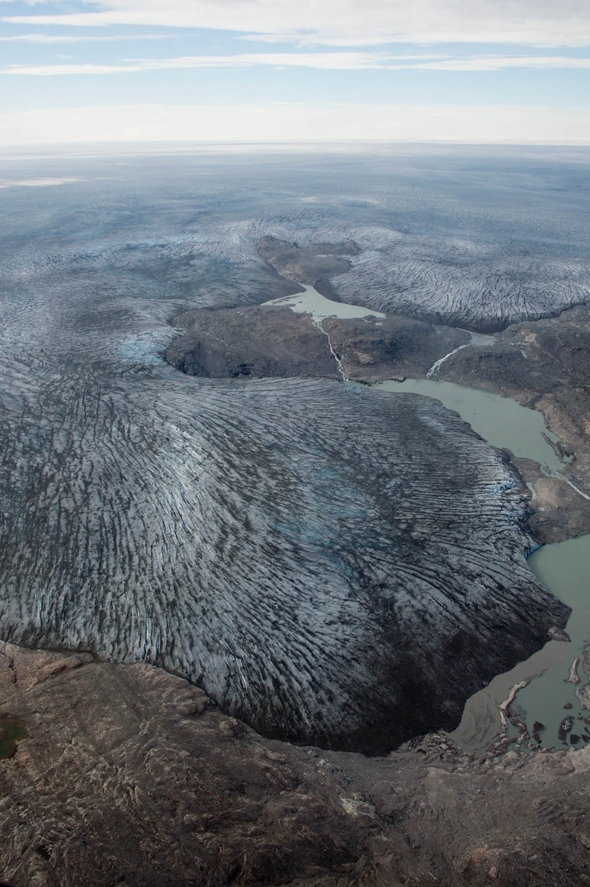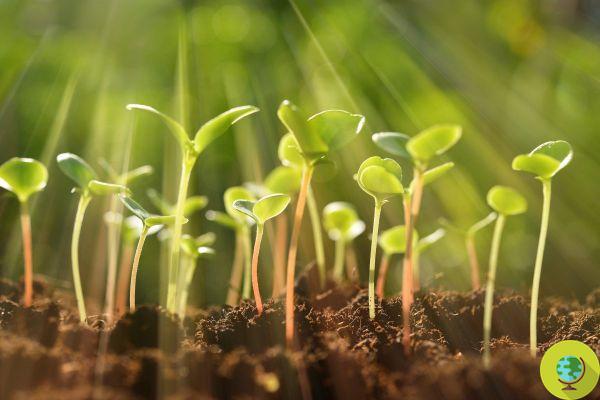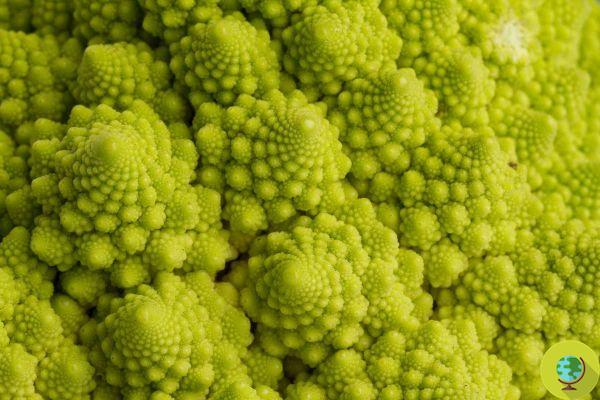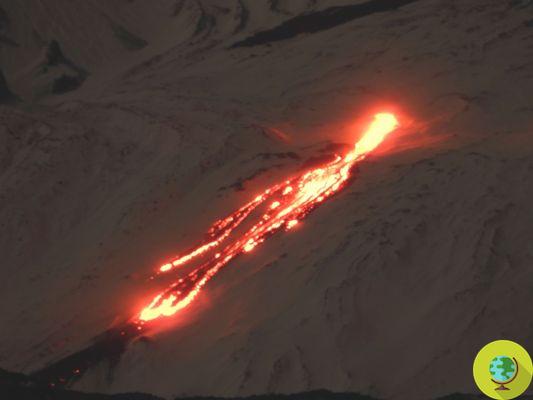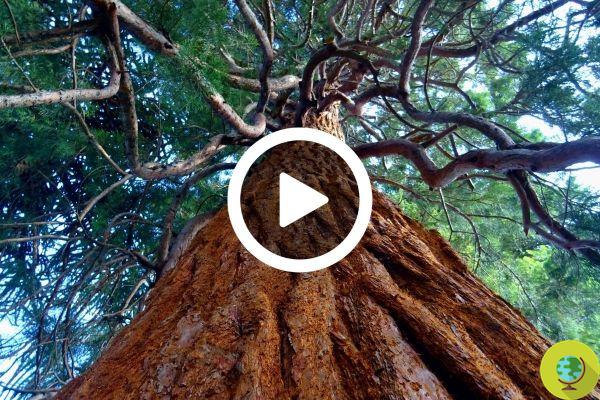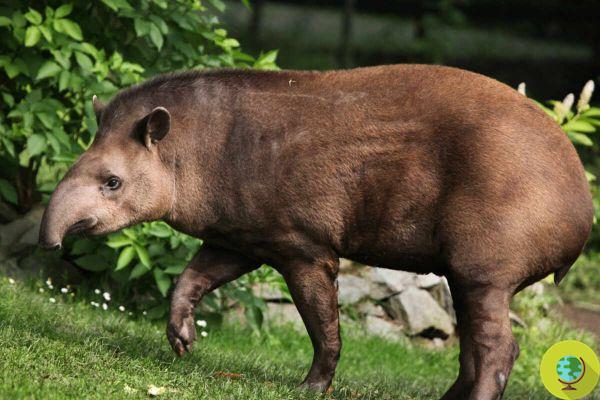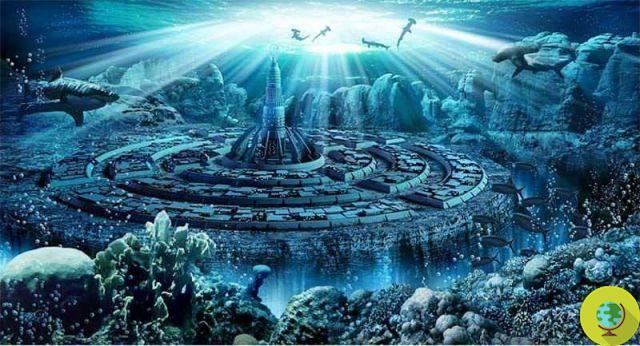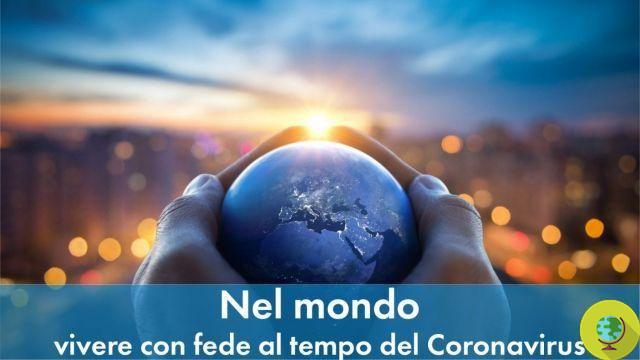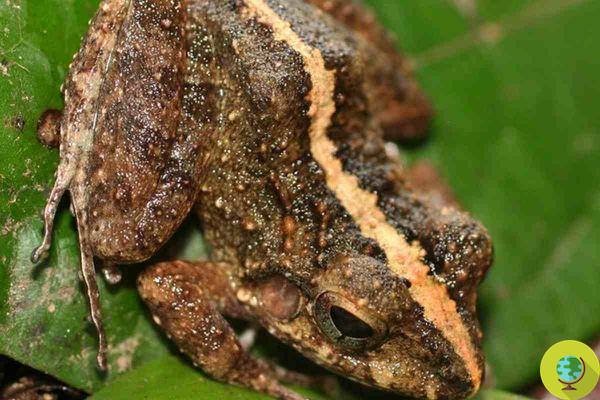
According to recent research, everything we consume on a daily basis has a significant impact in another part of the world. Hence, all the choices we make every day have an influence on the natural world and the balance of biodiversity.
International research has quantified the impact of human consumption on risk of species extinction.
About 1 million species are already endangered, many more will be in decades.
Covering more than 5.000 species in 188 countries, the research found that consumption in Europe, North America and East Asia (such as Japan and South Korea) primarily affects the risk of species extinction in other countries.
Affected species include the frog Nombre de Dios Streamside in Honduras, and the giant Malagasy mouse in Madagascar.
The authors compared the biodiversity crisis to the climate crisis, even though it has less publicity.
These crises are occurring in parallel. The irreparable loss of biodiversity and our findings can provide valuable insight into the role that global consumption plays as one of the drivers of this loss.
(Read also: The Biodiversity Trends Explorer reveals how global biodiversity has fallen dangerously below the safe limit)
Key findings
The data showed that in 16 countries, concentrated in Africa, this endangered footprint is led by consumption offshore.
In 96 countries, on the other hand, domestic consumption is the main driver of the risk of extinction. International trade accounts for 29,5% of the global extinction risk footprint.
The consumption of products and services from the food, beverage and agricultural sectors are the main risk factor of extinction due to consumption, together making up 39% of the global extinction risk footprint, followed by the consumption of goods and services of the construction sector (16%).
Doctoral student Irwin said:
The complexity of economic interactions in our globalized world means that buying a coffee in Sydney can contribute to biodiversity loss in Honduras. The choices we make every day have an impact on the natural world, even if we don't see that impact. Everything we consume is derived from the natural world, with raw materials transformed into finished products through a myriad of supply chain transactions. These transactions often have a direct impact on species.
Appropriate interventions to address extinction risk in Madagascar, for example, where 66% of the extinction risk footprint is exported, should be different from those implemented in Colombia, where 93% of the extinction risk footprint is generated by internal consumption.
A systematic review
Using data available in the IUCN Red List of Threatened Species, the authors introduced the reduction and restoration of non-normalized species (nSTAR) metrics as a measure of extinction risk.
They then applied the methodology to link the risk of extinction to global consumption patterns; and they found that an extinction risk footprint was calculated by species, by economic sector, for 188 countries.
The results showed that international trade is one of the key drivers of threats to biodiversity.
Follow us on Telegram | Instagram | Facebook | TikTok | Youtube
Photos: Nature
Could it be interesting for you:
- The boom in açaí berries is depleting tree biodiversity in parts of the Amazon
- Boiling sea, "massacre of biodiversity": average values of 18 ° C recorded at 40 meters off the Island of Elba
- Biodiversity: by 2050 the loss will be equal to 7% of GDP
- Europe wants to plant 3 billion trees in 10 years to halt the loss of biodiversity
- Mediterranean warming is 20% faster than average and is destroying biodiversity: the new WWF report





